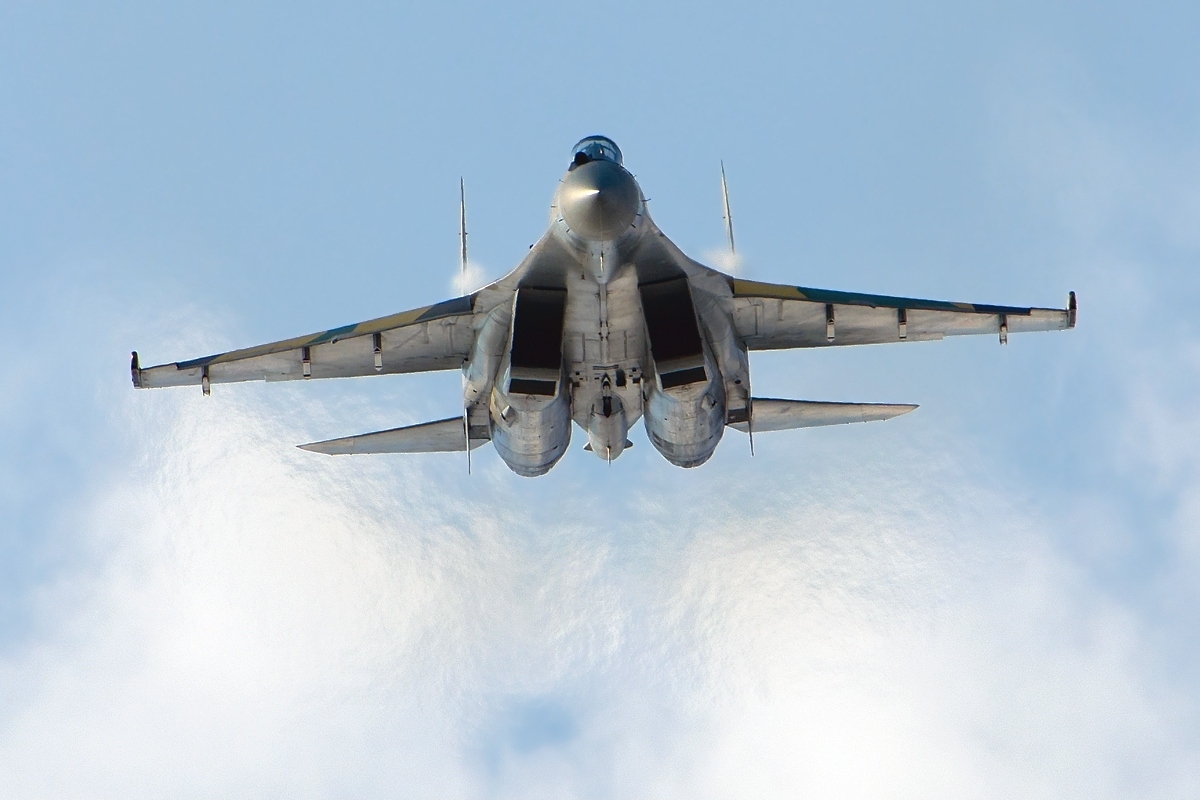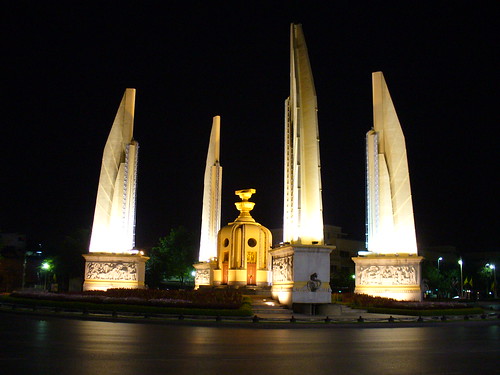
In March 2013, Russian and Chinese media reported that Beijing was acquiring significant quantities of advanced military equipment from Russia. Among the multi-billion dollar systems to be bought by the Chinese military are six Lada-class attack submarines and 35 SU-35 fighter jets. These acquisitions are significant because they are sophisticated systems and it has been more than a decade since China purchased any significant weapon systems from Moscow.
After making substantial purchases from Russia from the mid-1990s to the early-2000s, China began to reverse engineer weapons such as the SU-27 multirole fighter, the NORINCO T-90 tank, and several components of its most advanced conventionally powered submarines. Occasionally, China legally purchased licensing rights to Russian systems. Achieving self-reliance in military technology has long been a major priority of China s defense policy.

